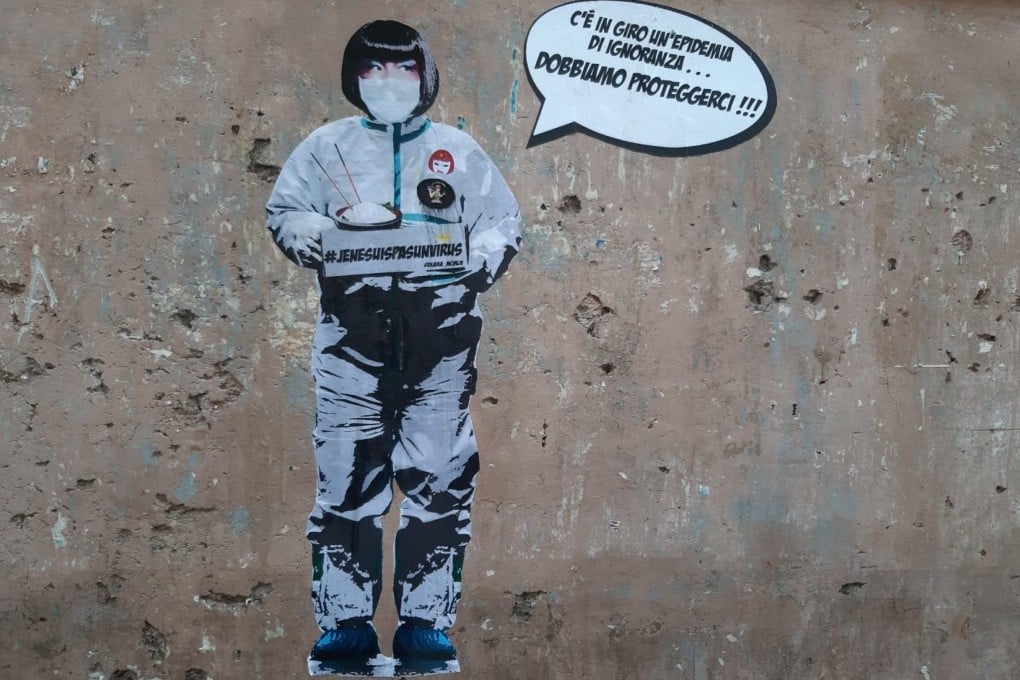Opinion | The West unleashes a new strain of racism in the name of coronavirus prevention
- The Covid-19 outbreak has become an excuse for some to justify their prejudice
- They cherry-pick Chinese eating habits and conduct to bolster a sense of cultural superiority, and sneer at Asian public health practices while demonising an entire people in the guise of protecting public health

As soon as I walked into the train carriage, a whole family packed up their belongings and shuffled nervously to the next one. It happened on a train from Oxford to London earlier this month.
I felt unwelcome. For the first time in years, I was self-conscious of my status as the person of colour in a white space, the alien in a culture whose values I share.
I expected a better Britain than the one in which two of my Hong Kong friends, walking on a Manchester street, were told to go back to China in an expletive-laden rant; where a child would not play with her Chinese classmate because she had been told by her parents all Chinese people were ill. Neither the child nor my friends have been in China over the past three months.
The coronavirus outbreak has seen a rise in racialised abuse towards Asian immigrants and students. Racist speech and acts – practised by a small minority of bigots – are a fact of life in even the most liberal Western societies. What is alarming, however, is the extent to which such prejudice is often couched in scientific language and through culturalist lenses.
.png?itok=bcjjKRme&v=1692256346)